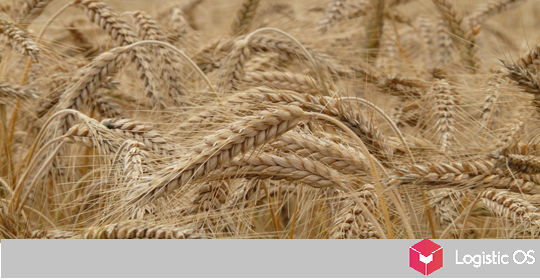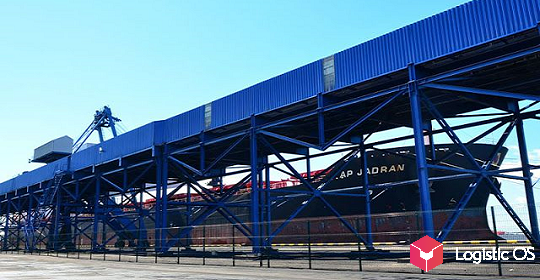Despite the record harvest that Brazilian farmers have had this season, there are still problems.
One of the main ones is the lack of necessary capabilities to ensure crop storage.
This year, Brazilian farmers have harvested about 320 million tons of grain. This revealed a problem related to the lack of storage. Moreover, it has now become very acute.
Today the situation is such that over 60% of Brazilian agricultural producers simply do not have the capacity to store harvested grain.
This leads to farmers losing their harvest. This is due to the fact that grain that is not harvested or stored in non-optimal conditions loses its quality, and that farmers have to sell it immediately after harvesting, and this in some cases means that the seller agrees to conditions that are difficult to name profitable.
As a result, analysts estimated the losses of Brazilian farmers at a more than serious amount of about 30 billion reais.
Moreover, Brazilian producers assess the year 2024, which has not even begun yet, negatively in advance: they are almost sure that crop loss due to a lack of grain storage facilities is inevitable.
Where did this problem come from?
According to experts, it is due to the fact that for many years Brazilian farmers have considered expanding acreage as one of their development priorities.
In this regard, they preferred to invest every real they earned in new areas, while paying insufficient attention to developing the infrastructure for storage and processing.
As a result, it turns out that the farmers drove themselves into a trap: every additional hectare of land sown with grain aggravated the problem of lack of storage, which was not solved at all.
What can be done about the problem of grain shortage?
At present we have to admit that it has practically no solutions.
In order to build the necessary storage facilities, it will take about 10 years and an investment of 10 billion reais per year.
And we are talking about calculations that were made in 2020, when the harvest volume was about 270 million tons.
Taking into account the current volumes of 320 million tons, it is obvious that the time frame and amounts required to solve the problem are underestimated.
Moreover, modern storage facilities require the introduction of special technologies, such as temperature and humidity sensors, as well as qualified personnel, all of which are additional costs.
Brazilian farmers are currently hoping for help and co-financing from the state, since the existing problem is reducing their income, making it almost impossible for them to find the necessary funds to build storage facilities.

